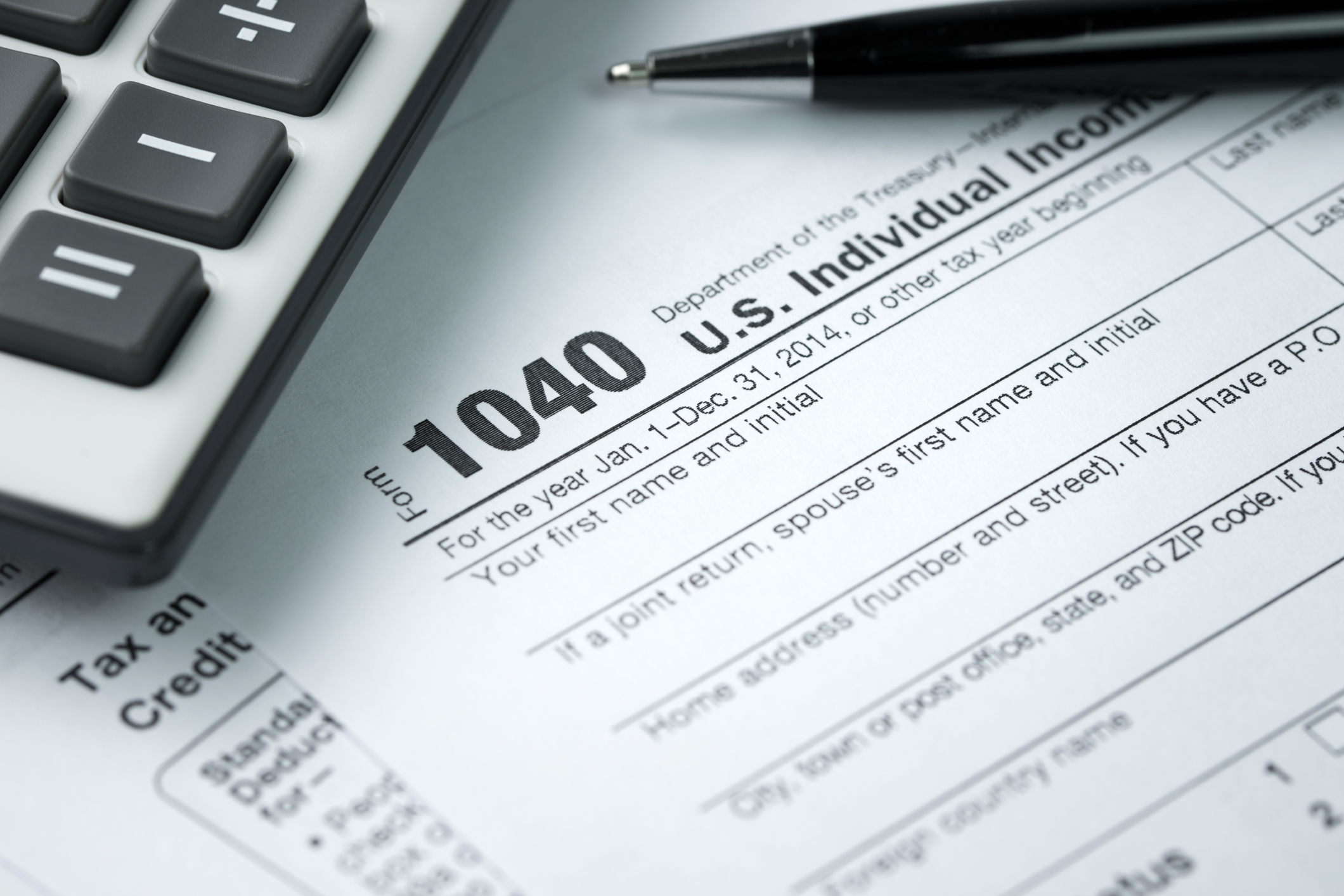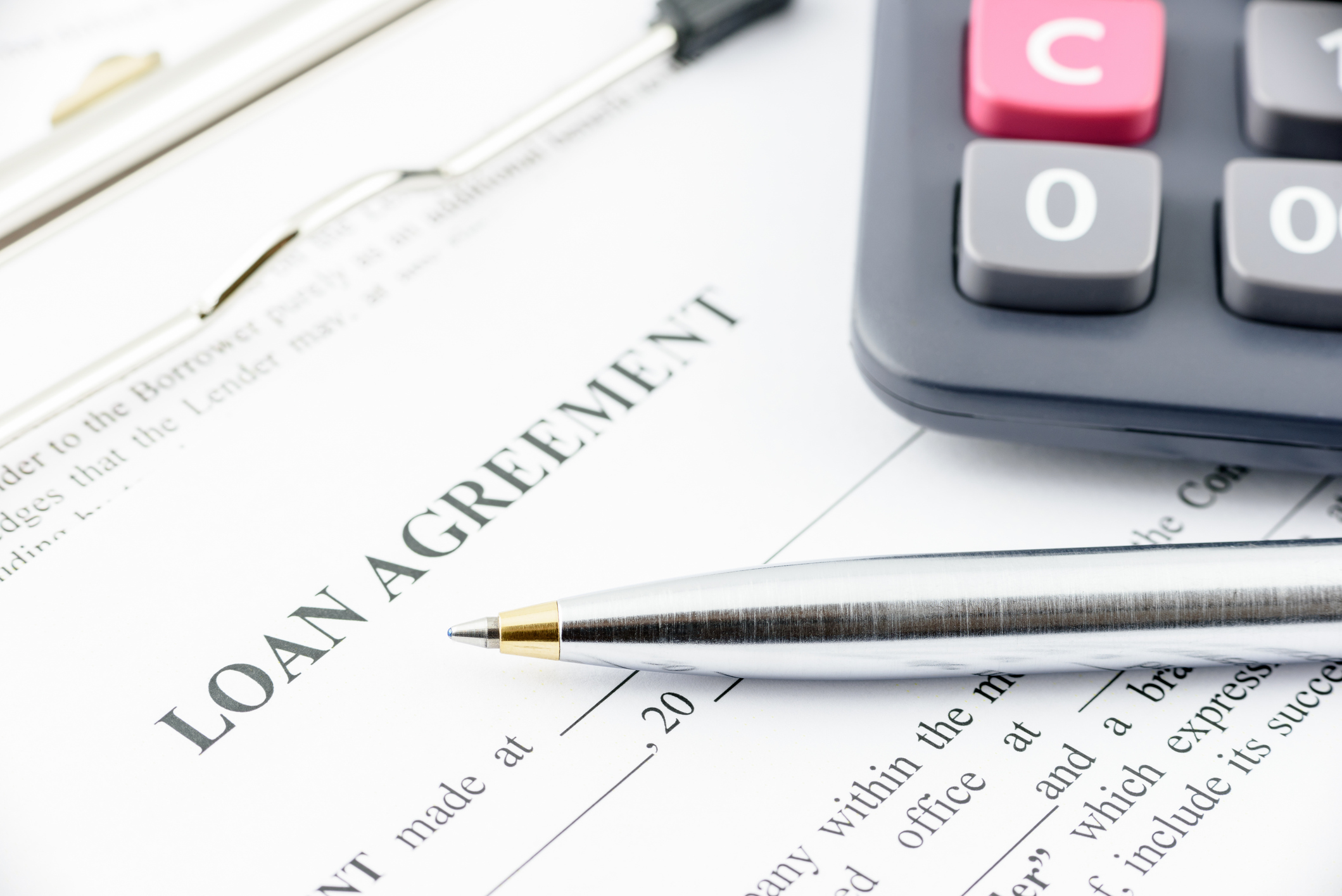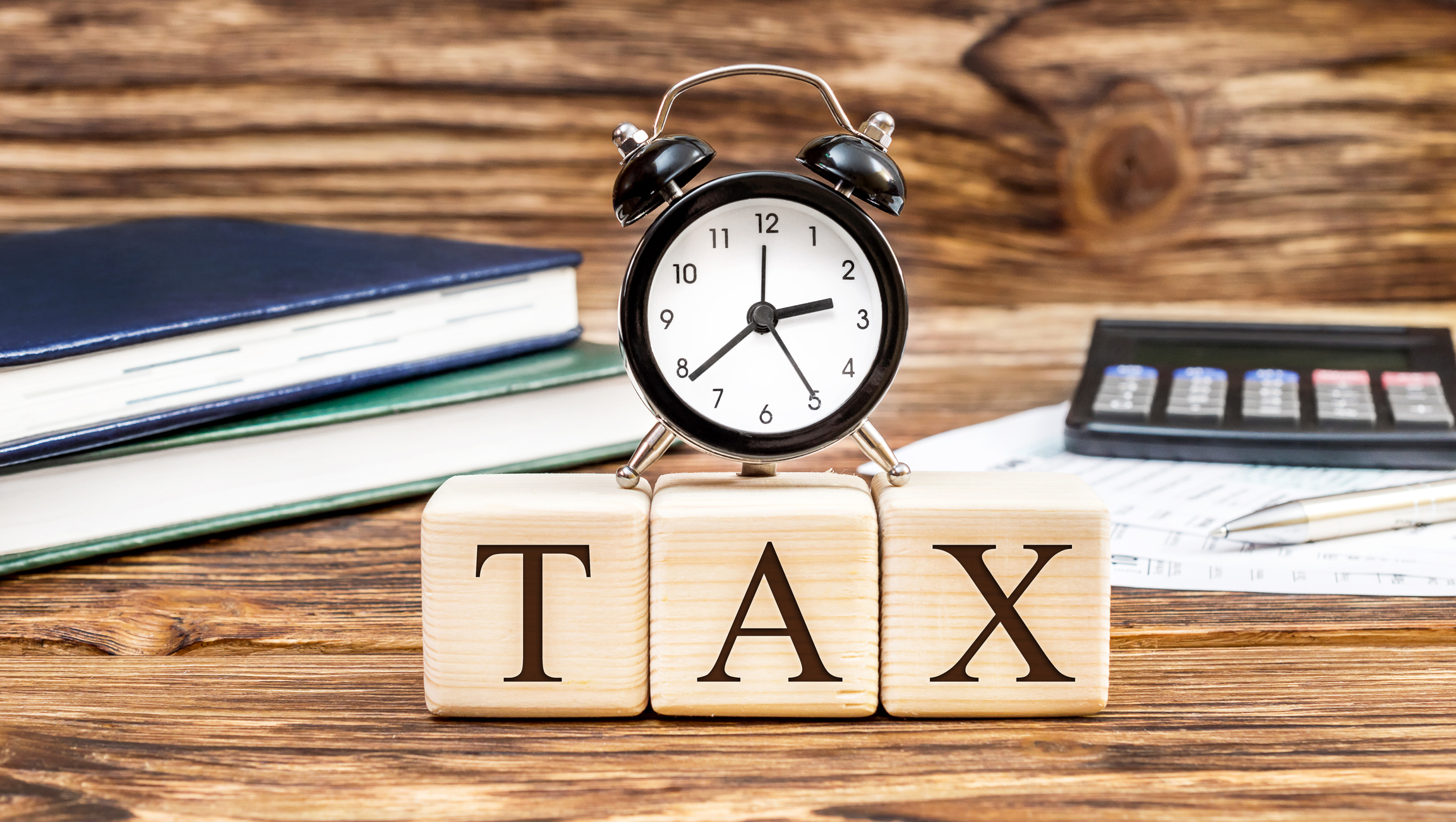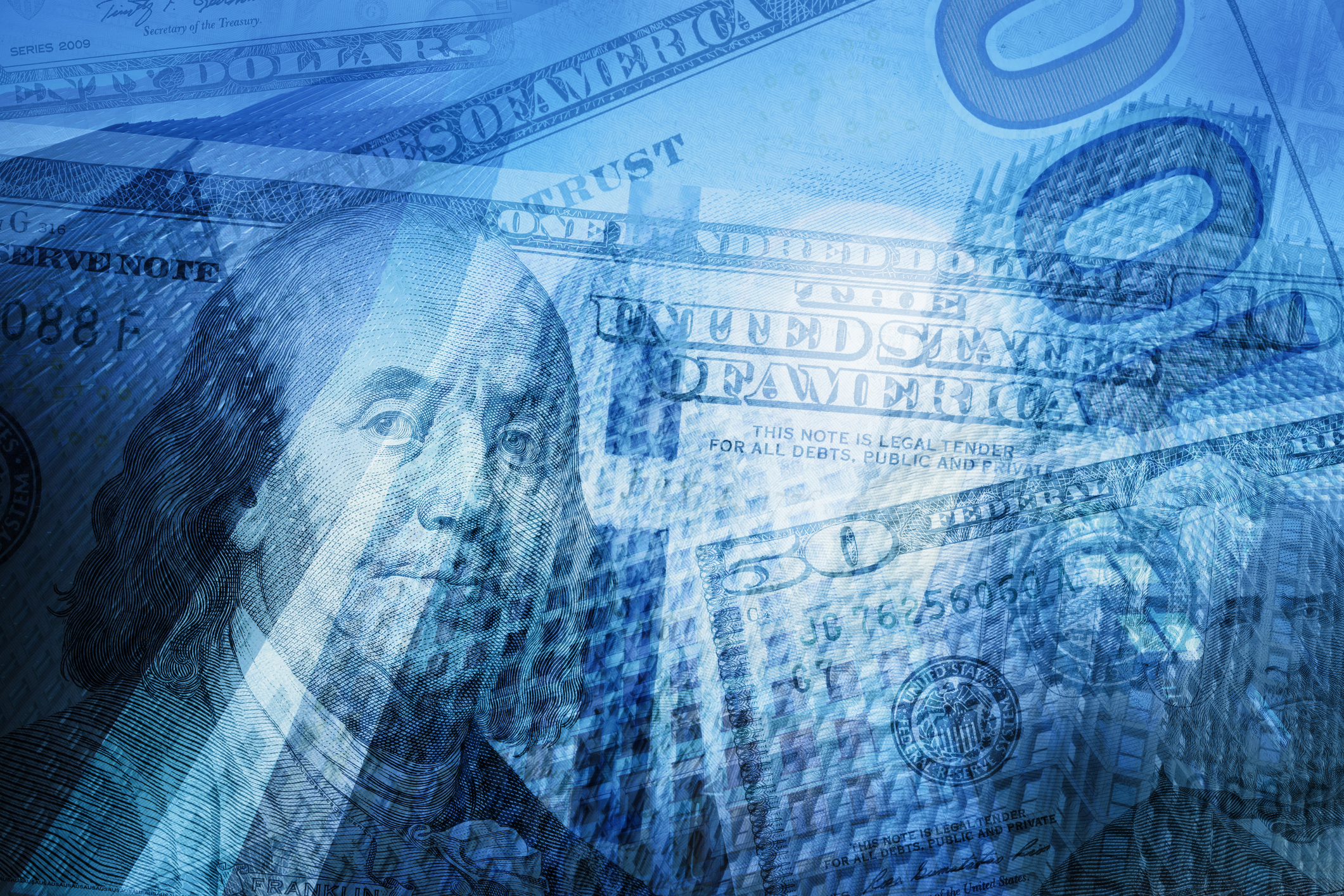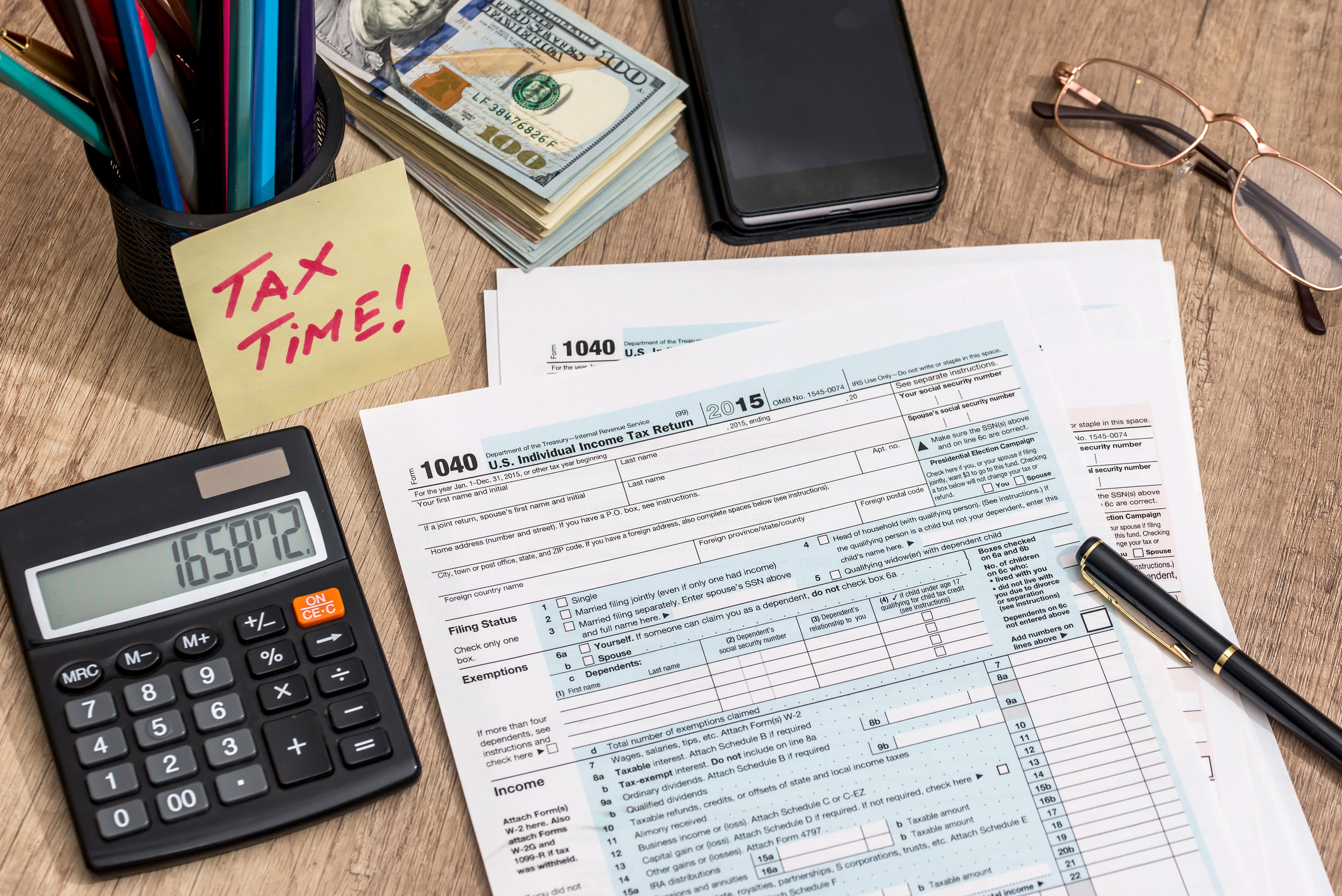Treasury stock is a company's own stock that it has repurchased, meaning it's no longer held by external shareholders but is held by the company itself. Companies may repurchase their own stock for various reasons, including reducing outstanding shares, increasing earnings per share, or using the shares for employee compensation programs. Here’s what investors need to know about treasury stock.
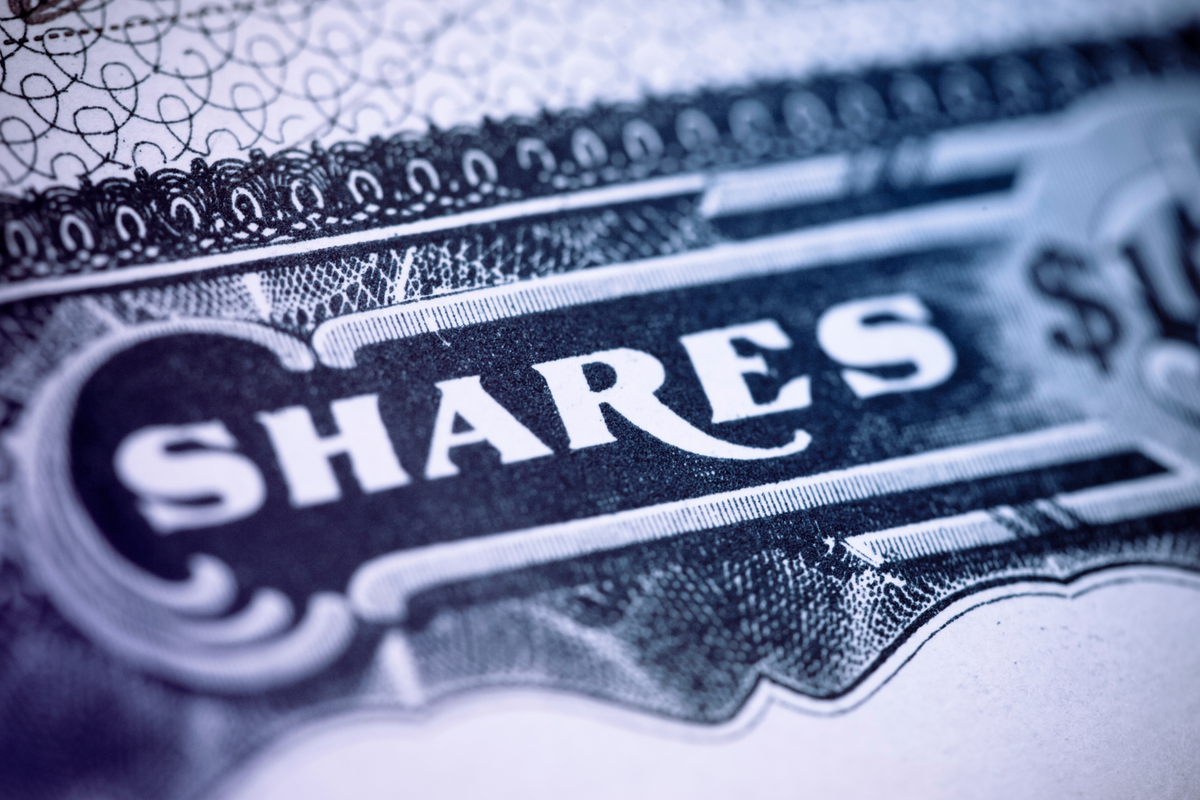
What is a treasury stock?
Treasury stock, also known as reacquired stock, refers to shares of a company's own stock that it has repurchased from the open market or from shareholders. This stock is held in the company’s own treasury and is not considered outstanding stock. Because treasury stock is not considered outstanding, this means it doesn't grant voting rights, isn't entitled to dividends, and doesn't factor into earnings per share (EPS) calculations.
Treasury stock is recorded in the shareholder's equity section of a balance sheet as a contra-equity account, meaning it reduces the total shareholders' equity by the amount paid for the stock. The cost of the transaction (the amount paid for the shares) is debited to the treasury stock account. The company's cash balance then decreases by the same amount. Treasury stock is recorded at the purchase price (cost) and at the par value of the shares.
How do companies use treasury stock?
Unlike retired stock, treasury stock is not canceled or taken out of circulation. Instead, it is held by the company until it's reissued or used for another purpose. There are a wide variety of reasons for a company to reacquire its stock. Companies can hold treasury stock for future use, such as issuing shares for employee compensation or to raise capital when needed. A company might repurchase shares to increase its stock price or to have shares available for employee stock options.
By reducing the number of outstanding shares, the company's earnings per share can increase, even if net income remains the same. A company might buy back its stock to signal to investors that it believes the stock is undervalued. Companies may use treasury stock to fulfill employee stock-based compensation programs.
In some cases, a company might buy back its stock to make it less attractive to potential hostile acquirers. Companies can also choose to retire the shares, permanently reducing the number of outstanding shares. Given that treasury stock is a company's own stock that it has bought back from shareholders, the company essentially holds it as an asset on its balance sheet.
Is treasury stock different from common stock?
There are some key differences between treasury stock and common stock. When a company issues common stock, it's selling a piece of ownership to investors. Common stockholders have the right to vote on company matters, such as electing the board of directors. If a company chooses to distribute profits, common stockholders may receive dividend payments.
Common stock is recorded in the shareholders' equity section of the balance sheet. It represents outstanding shares, meaning shares that are in the hands of investors. On the other hand, treasury stock is stock that a company has repurchased from the open market or from shareholders.
The company that repurchases its own shares does not have ownership rights or voting power for those shares. Treasury stock does not receive dividends and it reduces shareholders' equity.
Related investing topics
The bottom line on treasury stock
Many well-known companies regularly repurchase shares and turn them into treasury stock. For example, Apple (AAPL -1.06%) engages in share buybacks, where it uses its own funds to purchase its outstanding shares in the open market.
Once Apple buys back its shares, they're held as treasury stock. Shares of treasury stock is no longer considered outstanding, so they don't contribute to the total number of shares that are publicly traded.
Investing in companies that do share buybacks can be beneficial for investors, since it can increase demand for the stock, potentially boosting its price and earnings per share. However, it's crucial to assess the company's overall financial health and the reasons behind the buybacks before investing.

